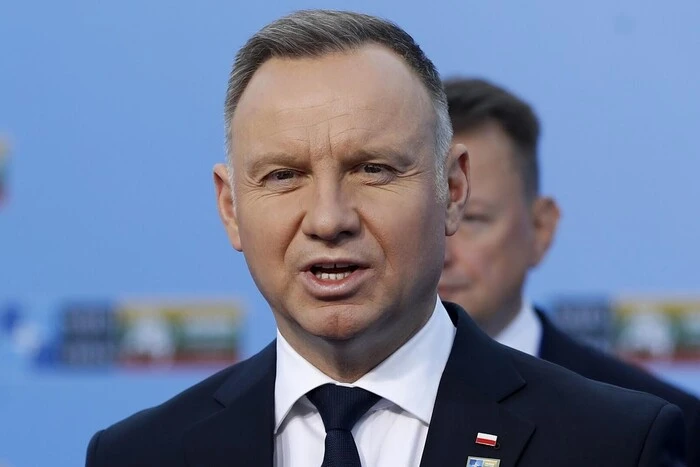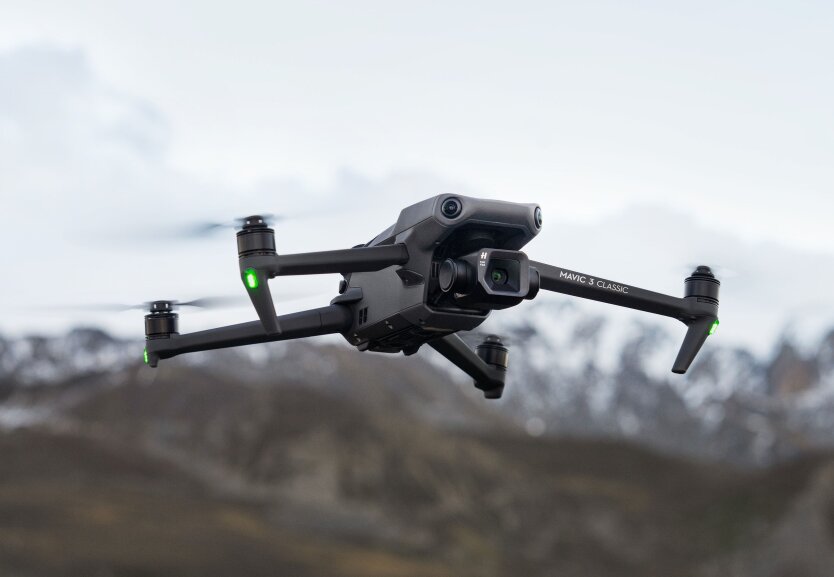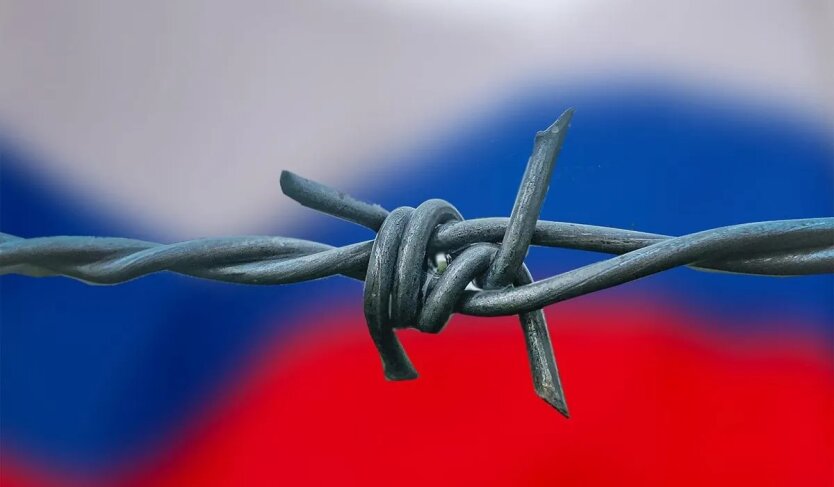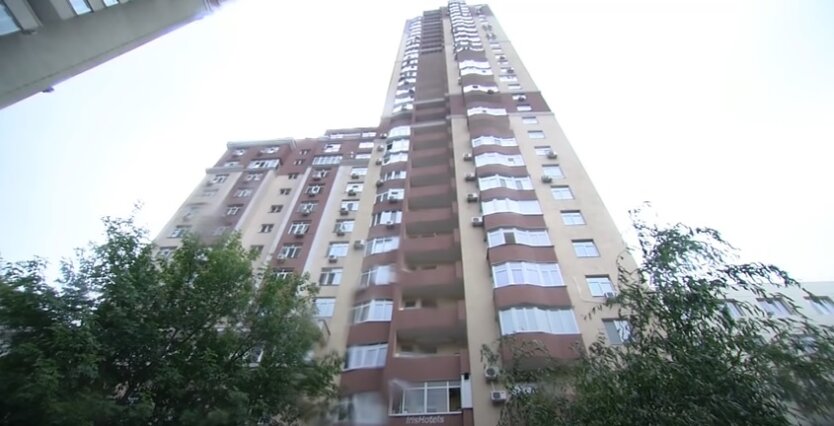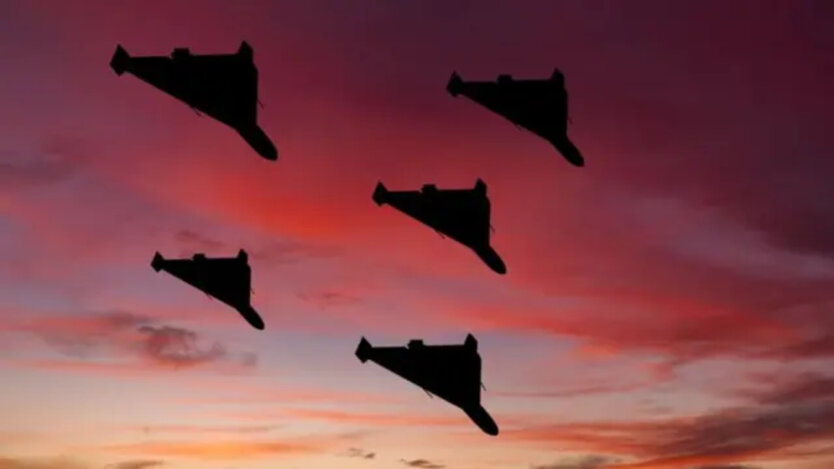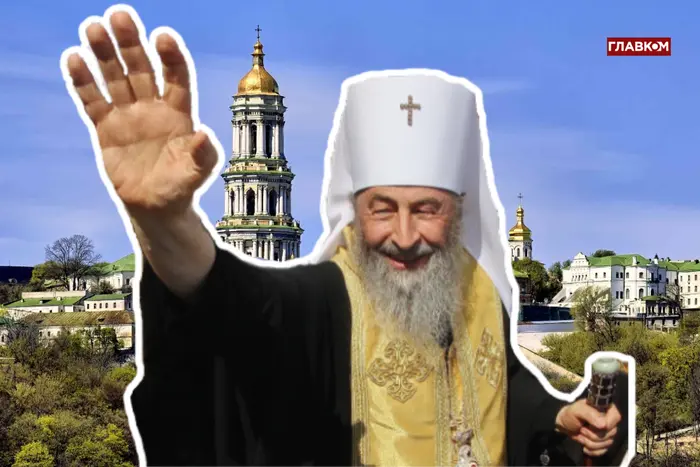Syrskyi in CNN Interview: On Success in Kursk Region, Holding Russians Near Pokrovsk, and Training Recruits.

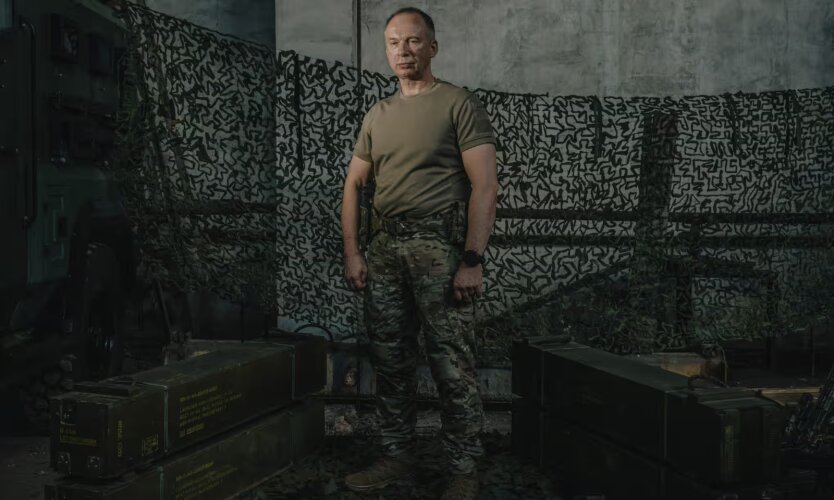
Commander-in-Chief of the Armed Forces of Ukraine Unveils Strategy for Offensive in Russia's Kursk Region
General Oleksandr Syrskyi, Commander-in-Chief of the Armed Forces of Ukraine, explained the strategy implemented during the offensive in Russia's Kursk region in an exclusive interview with CNN.
According to the general, Russia planned to launch a new offensive against Ukraine from the Kursk region before Kyiv launched its surprising cross-border operation. Syrskyi is convinced that this operation was successful and possibly reduced the threat from the enemy. "We moved the combat operations to the enemy's territory so they would feel the same threat that we feel every day," he noted.
The general defined the key objectives of the offensive:
- Stop the use of Kursk as a base for new Russian offensives
- Divert Moscow's forces from other fronts
- Create a security zone and prevent shelling of civilian objects from across the border
- Take prisoners of war
- Boost the morale of Ukrainian troops and the nation as a whole
The general reported that Russia moved tens of thousands of troops to Kursk, including elite airborne units.
Syrskyi also stated that over the past six days, the enemy has not continued its advance towards Pokrovsk, a key strategic city in eastern Ukraine. This, according to the general, indicates the success of the strategy.
Moscow holds an advantage in terms of aviation, missiles, artillery, the number of munitions, personnel, tanks, and infantry fighting vehicles, the general acknowledges. However, this has forced Ukraine to become more efficient and smart in conducting the war. "We cannot fight in the same way as they do, but we use the maximum capabilities of the terrain, engineering structures, and our technical superiority," stressed Syrskyi, noting the development of drones and other high-tech means of Ukrainian production.
The general also spoke about the training of new recruits. They undergo basic military training for a month, then participate in more specialized training for another one and a half to two months before being sent to the front.
The Commander-in-Chief thanked Ukraine's Western allies for their support, concluding the interview with the words: "We are stronger together and we are capable of achieving victory together."
Read also
- Poland officially established a day of remembrance for the victims of the genocide committed by the OUN and UPA
- Mavic is closed for us: how Ukraine solves the drone shortage problem
- Foreign Affairs: Half-Measures in Sanctions Have Prolonged the War in Ukraine for Years
- eOselya: Leading regions by the number of issued mortgage loans
- Budanov assessed whether the Russian Federation can launch 500 'Shaheds' daily
- Zelensky Strips Ukrainian Citizenship from Primate of the UOC-MP Onufriy

